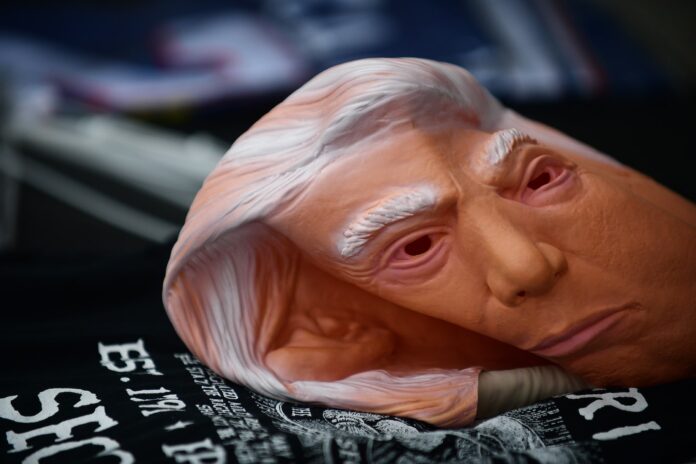Key Falsehoods or Claims:
– The article highlights various false claims made by Donald Trump, including his denial of Russian interference in the 2016 election, his promotion of the conspiracy theory that Ukraine, not Russia, interfered in the election, and his unsupported claims about the success of his tariff strategies.
Source Analysis:
– The article is from the New Democrat Coalition, which is a group of Democratic members of the United States House of Representatives. Given its political affiliation, this source may have a bias against President Trump.
Analysis of Falsehoods’ Impact:
– These falsehoods have shaped public opinion by sowing confusion and doubt about the integrity of the electoral process, and by promoting disinformation about international relations. This poses a threat to democracy by undermining public trust in the democratic process, creating division, and potentially influencing voter behavior based on false information.
Hypothetical Reactions or Outcomes:
– If the false claims about election interference gain traction, it could lead to increased polarization and potential delegitimization of election results. Similarly, if the false claims about tariff success are believed, it could impact public support for or against trade policies.
Further Reading Recommendations:
– For further reading on the impact of lies and conspiracy theories on public opinion and democracy, I recommend reputable sources such as The Washington Post’s coverage on media influence, and academic studies on misinformation and its effects on political behavior.
Source link
Redirect URL
